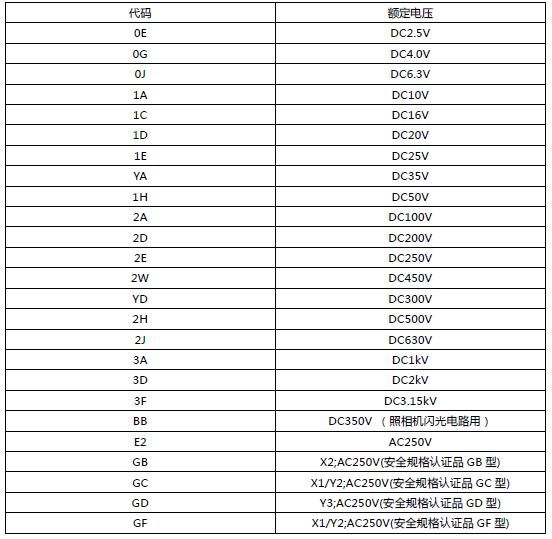As a seasoned traveler, I’ve often encountered the need to convert between different units of measurement, particularly when navigating unfamiliar territories. One common conversion I’ve had to master is that of miles per hour (mph) to kilometers per hour (km/h).

Image: www.alamy.com
This conversion is crucial for ensuring safe and accurate driving, adhering to local speed limits, and gauging travel distances. Understanding the relationship between mph and km/h is essential for global travelers and anyone interested in speed measurement.
What’s the Difference Between Miles and Kilometers?
Miles and kilometers are both units of distance. A mile is an imperial unit of measure commonly used in the United States and some other countries, while a kilometer is a metric unit utilized in most other regions globally.
The two units differ in their metric values. One mile is approximately equal to 1.609 kilometers. Conversely, one kilometer is roughly 0.621 miles. This means that distances measured in kilometers will generally be greater than those expressed in miles.
Why Convert Miles to Kilometers?
Converting miles per hour to kilometers per hour is essential for several reasons:
- International Travel: Many countries use the metric system, which employs kilometers as the standard unit of distance. Understanding kilometers per hour is essential for driving safely and adhering to local speed limits when traveling abroad.
- Speedometer Accuracy: Cars manufactured in different countries may have speedometers calibrated in either miles per hour or kilometers per hour. Converting between units ensures accurate speed readings and prevents potential traffic violations.
- Distance Estimation: When planning road trips or calculating travel distances, it’s helpful to convert miles to kilometers to align with mapping systems and local signage.
Calculating 70 Miles per Hour to Kilometers
Converting 70 mph to km/h can be done using the following formula:
km/h = mph × 1.609
Plugging 70 mph into the formula, we get:
km/h = 70 mph × 1.609 ≈ 112.65 km/h
Therefore, 70 miles per hour is approximately equal to 112.65 kilometers per hour.

Image: www.yingtexin.net
Conversion Table for Miles per Hour to Kilometers
Here’s a handy table for quick conversions from mph to km/h:
| Miles per Hour (mph) | Kilometers per Hour (km/h) |
|---|---|
| 10 | 16.09 |
| 20 | 32.18 |
| 30 | 48.28 |
| 40 | 64.37 |
| 50 | 80.47 |
| 60 | 96.56 |
| 70 | 112.65 |
| 80 | 128.75 |
| 90 | 144.84 |
| 100 | 160.93 |
Tips and Expert Advice for Converting MPH to KMH
Here are some expert tips and tricks for effortless conversion:
- Use Online Converters: Numerous online converters are available for speedy and precise conversions. Simply input the value in mph, and the converter will provide the equivalent in km/h.
- Simple Multiplication: For a quick estimate, multiply the mph value by 1.6. It’s not as accurate as using the exact formula but provides a good approximation.
- Round Up and Down: In cases where the speed limit is, for example, 75 mph, it’s prudent to round up to 120 km/h. When trying to gauge distances, it’s safer to round down to give you some leeway.
By following these tips, you can ensure accurate conversions for your travel needs or knowledge expansion.
Frequently Asked Questions
Here are some common questions related to converting mph to km/h:
70 Mile Per Hour To Km
Conclusion
Understanding the conversion between miles per hour and kilometers per hour is crucial for a wide range of applications. Whether you’re traveling abroad, monitoring your vehicle’s speed, or calculating travel distances, knowing how to convert these units is vital.
By grasping the concepts, utilizing the conversion formula, and leveraging the tips provided, you can confidently navigate any situation and ensure accuracy with mph to km/h conversions. Are you interested in exploring other metric system conversions or delving further into the world of speed measurement? Let us know your thoughts and questions in the comments section below.

